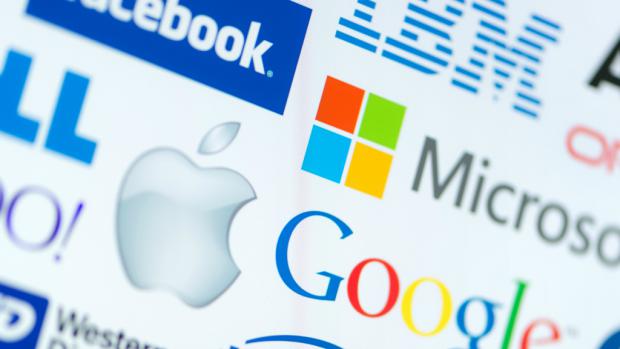
Breaking News
 "A.G.E.S. Fall Conference" on BrightU: How to spot "imposter" farmers and hidden
"A.G.E.S. Fall Conference" on BrightU: How to spot "imposter" farmers and hidden
 Endless Hot Water is the Smartest Spring Upgrade for Your RV
Endless Hot Water is the Smartest Spring Upgrade for Your RV
 Epstein's Friend Howard Lutnik EXPOSED
Epstein's Friend Howard Lutnik EXPOSED
Top Tech News
 New Spray-on Powder Instantly Seals Life-Threatening Wounds in Battle or During Disasters
New Spray-on Powder Instantly Seals Life-Threatening Wounds in Battle or During Disasters
 AI-enhanced stethoscope excels at listening to our hearts
AI-enhanced stethoscope excels at listening to our hearts
 Flame-treated sunscreen keeps the zinc but cuts the smeary white look
Flame-treated sunscreen keeps the zinc but cuts the smeary white look
 Display hub adds three more screens powered through single USB port
Display hub adds three more screens powered through single USB port
 We Finally Know How Fast The Tesla Semi Will Charge: Very, Very Fast
We Finally Know How Fast The Tesla Semi Will Charge: Very, Very Fast
 Drone-launching underwater drone hitches a ride on ship and sub hulls
Drone-launching underwater drone hitches a ride on ship and sub hulls
 Humanoid Robots Get "Brains" As Dual-Use Fears Mount
Humanoid Robots Get "Brains" As Dual-Use Fears Mount
 SpaceX Authorized to Increase High Speed Internet Download Speeds 5X Through 2026
SpaceX Authorized to Increase High Speed Internet Download Speeds 5X Through 2026
 Space AI is the Key to the Technological Singularity
Space AI is the Key to the Technological Singularity
 Velocitor X-1 eVTOL could be beating the traffic in just a year
Velocitor X-1 eVTOL could be beating the traffic in just a year
Microsoft, Google Abandon "Truce" As Tech Giants Turn On Each Other Amid Anti-Monopoly Pus

Now that humbling America's tech giants has become an issue with bipartisan support, a package of restrictive new measures targeting Big Tech is slowly moving through Congress, while President Biden prepares to slap the industry with a new executive order empowering regulators to tighten scrutiny of any anti-competitive behaviors.
While all the money firms like Facebook, Amazon and Google spend on lobbying may have saved them from being forcibly broken up, the new restrictions will unquestionably hurt the bottom line of big tech, while making it more difficult for the biggest firms to simply buy out any competitors who might threaten their dominance. While Facebook recently won a major court victory when a judge dismissed a lawsuit brought by the DoJ and a handful of State attorneys general, Google has once again found itself squarely in the sight of regulators hoping to humble the company's display ads business, an integral piece of Google's dominance of the digital advertising space.
Despite recently becoming one of only a small handful of American tech giants to see its market capitalization top $1 trillion, Microsoft has largely escaped scrutiny from Congress and the Biden Administration. And while one might expect Big Tech to close ranks in response to the antitrust scrutiny, to the contrary, Microsoft and Google are abandoning a longstanding "truce" that ended an extensive conflict between the two companies, according to the FT.
One source said the agreement wasn't an attempt to screw competitors, but rather an agreement between Satya Nadella and Sundar Pichai (CEOs of Microsoft and Google) to end "dirty tricks" that the companies were playing on each other. The truce also involved settling outstanding lawsuits, along with a deal to abandon further litigation. Additionally, Microsoft dropped its infamous "Scroogled" ad campaign attacking its rival.

 One Minute to Midnight
One Minute to Midnight


